2021 Teaching Practice Research Program: NSYSU leads in USR projects category for third year in row, project acceptance rate grows by over 10%
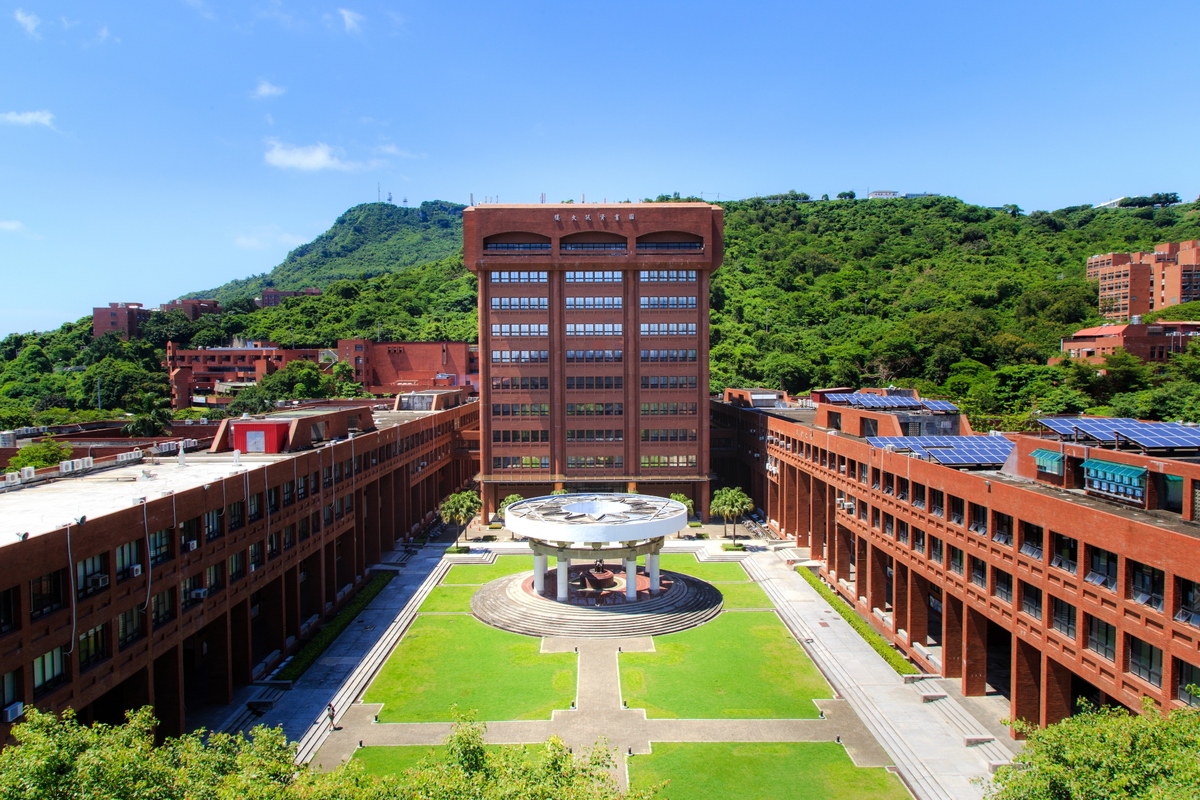
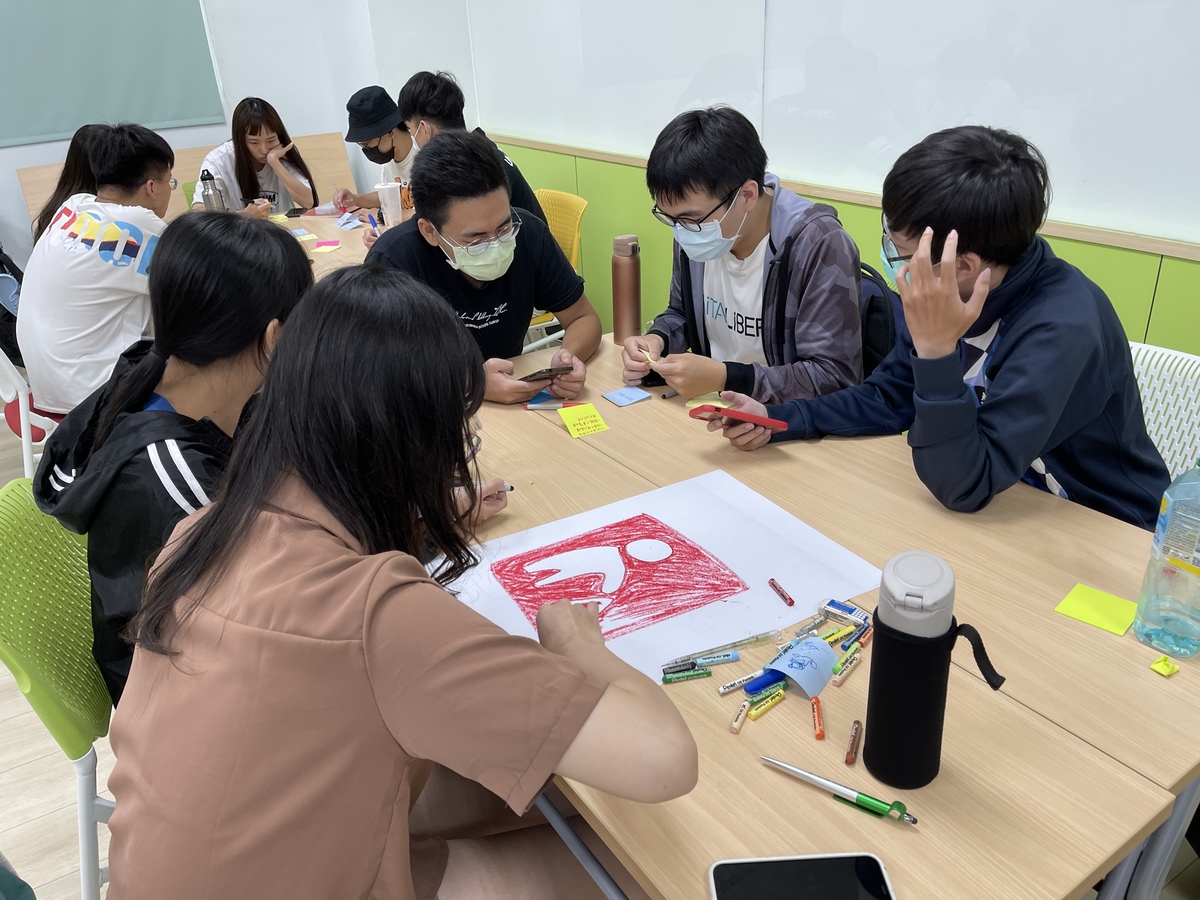
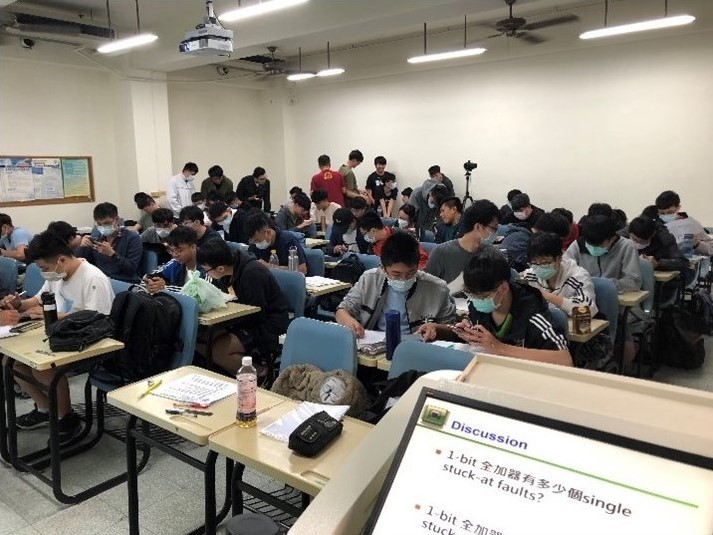
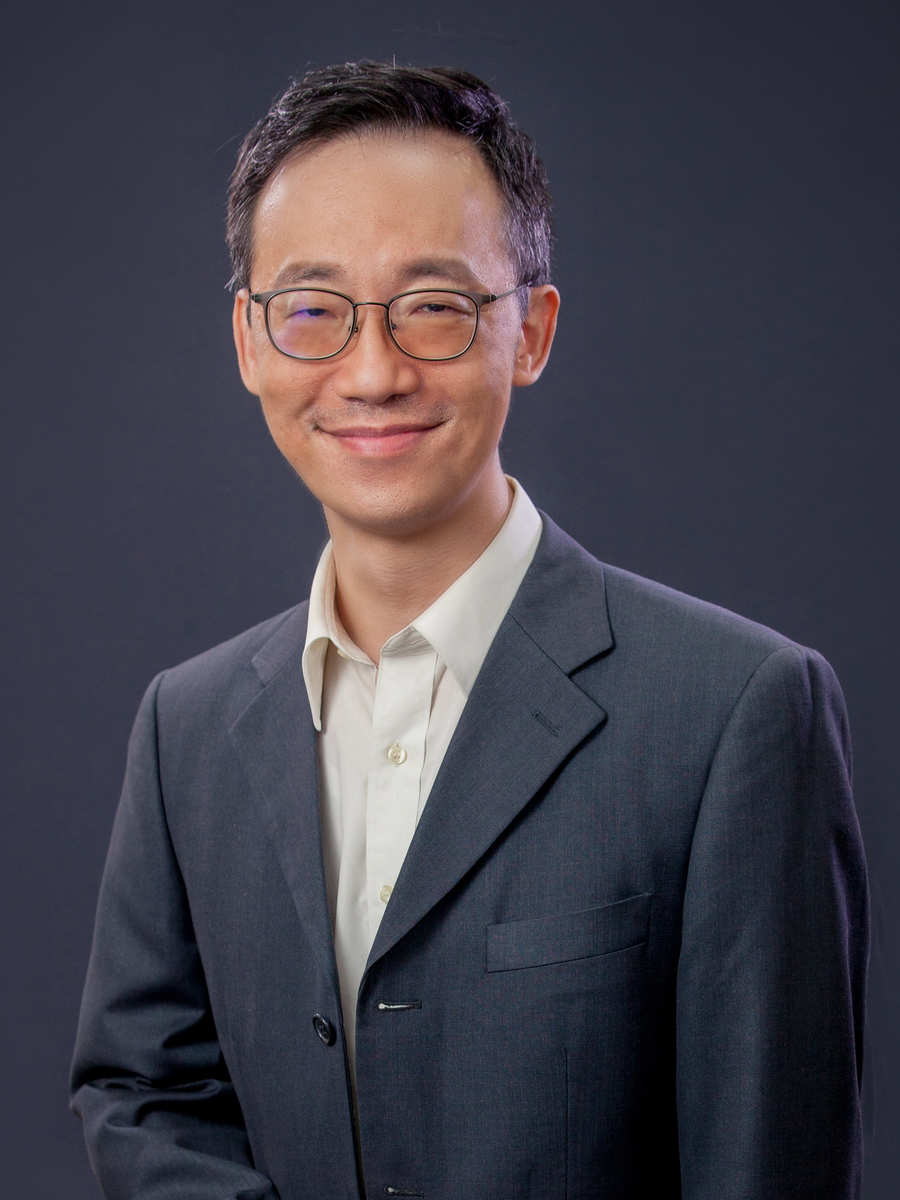
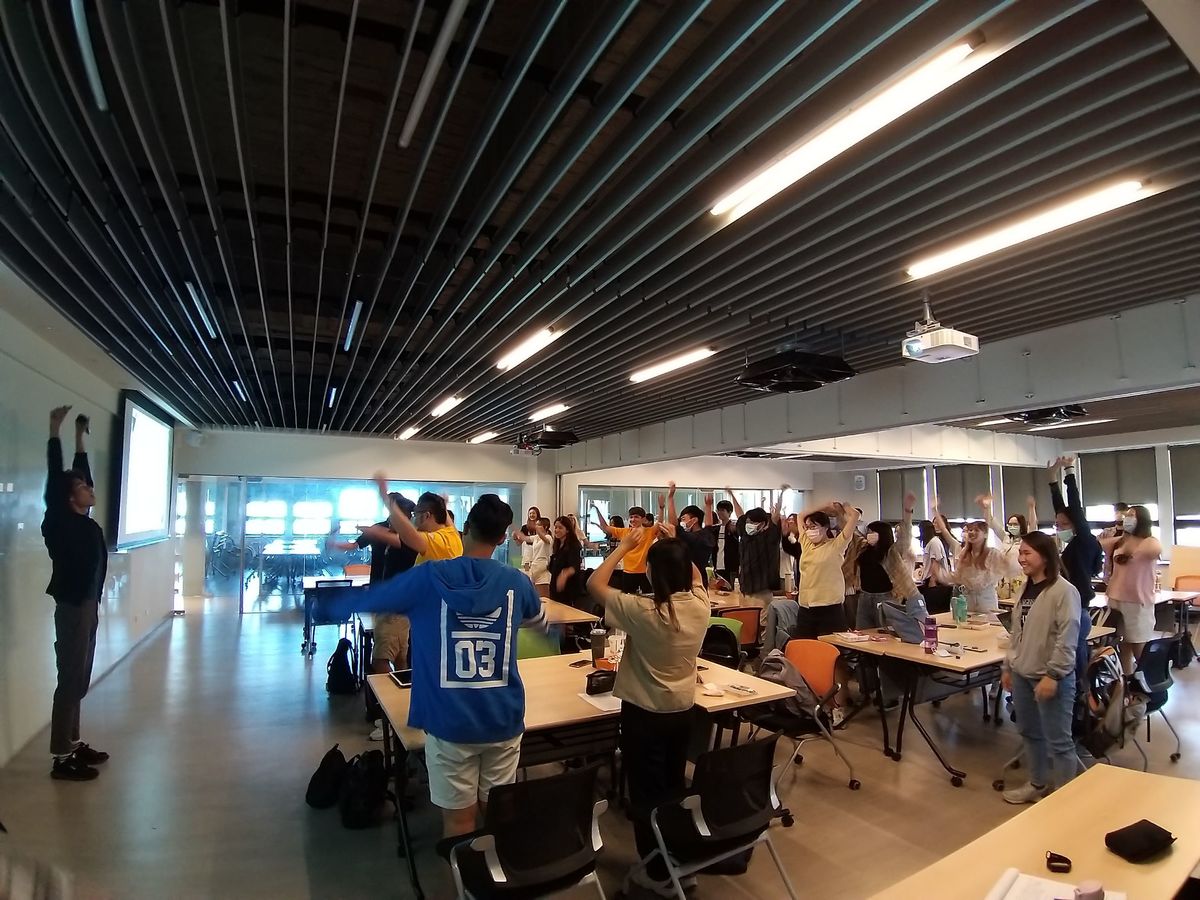
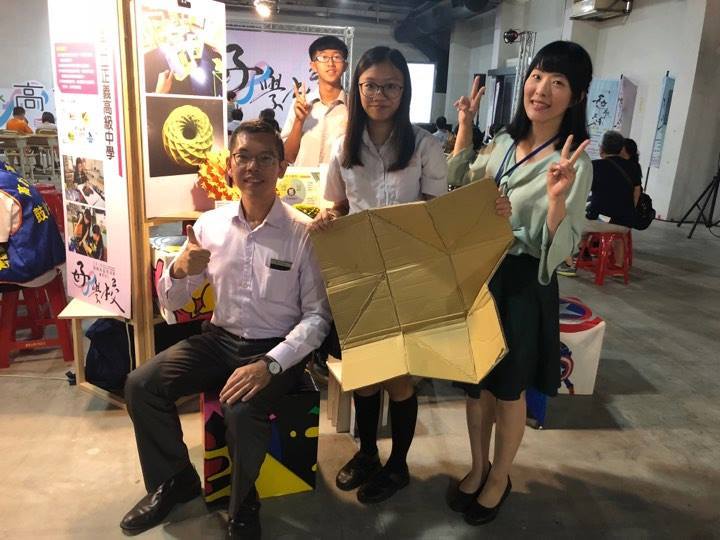
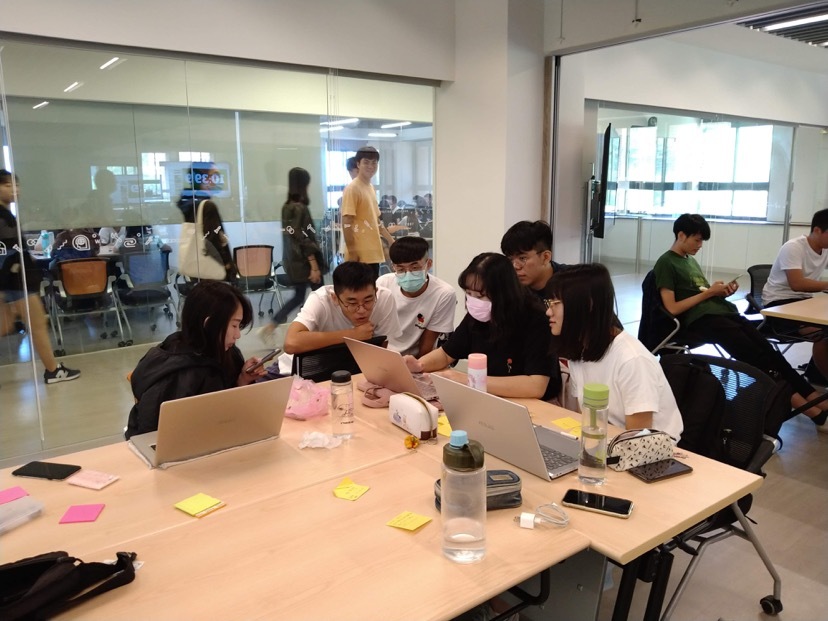
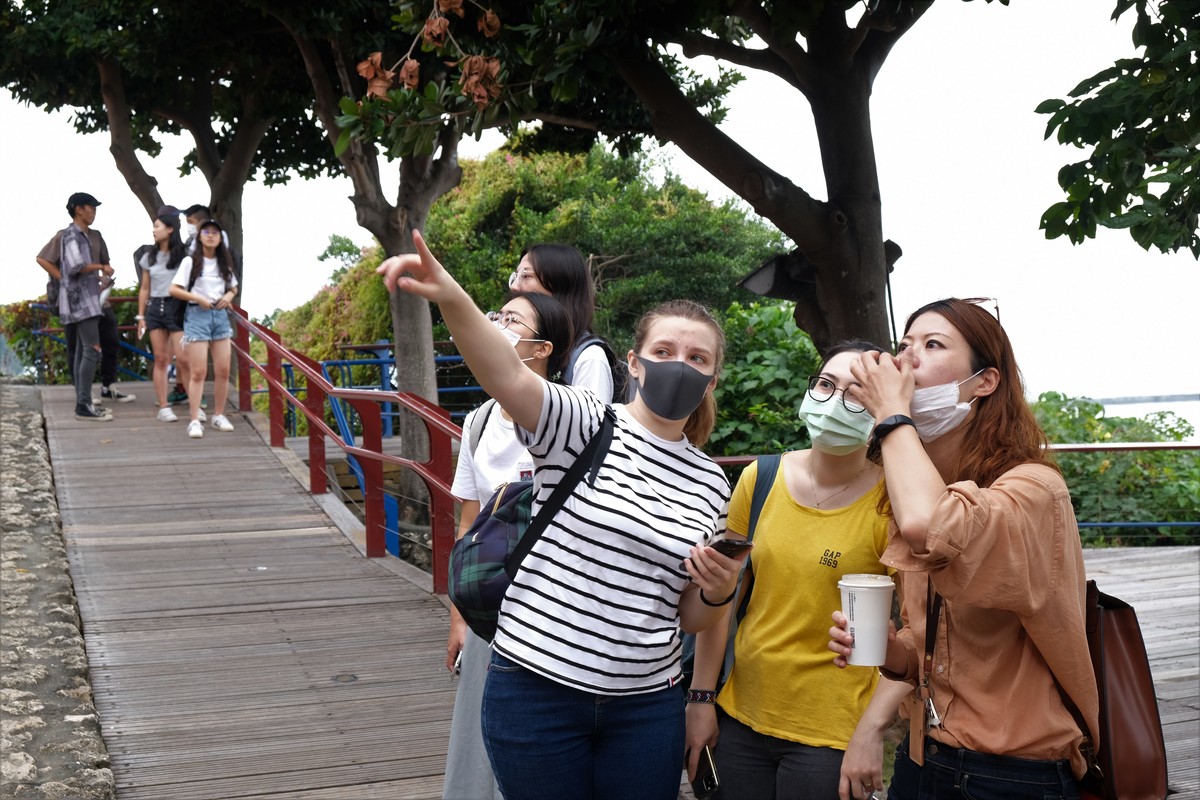
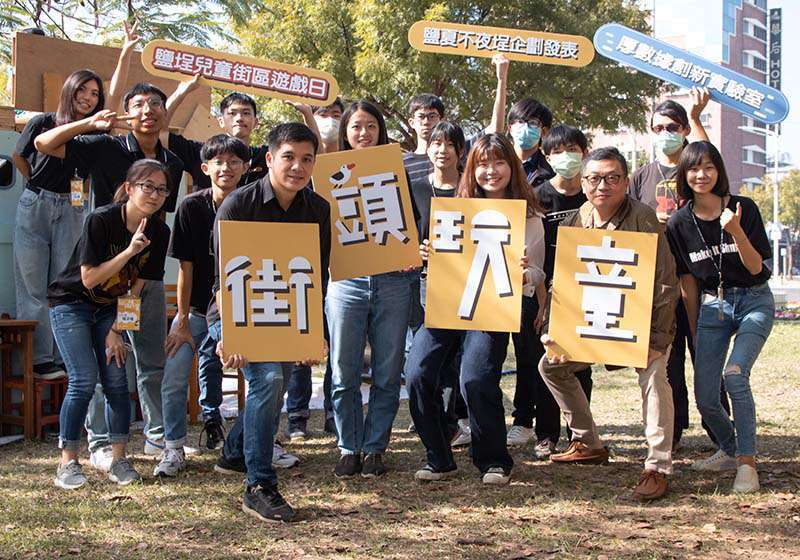
2021-09-30
(Provided by Teaching and Learning Development and Resources Center) The Ministry of Education (MOE) has recently announced the review results of the 2021 Teaching Practice Research Program: NSYSU succeeded in obtaining funding for 26 projects and its application acceptance rate grew by over 10%. The winning projects cover 7 academic fields and 1 project category: engineering, biotechnology and agriculture, mathematics, humanities, arts, and design, business and management, social sciences (including law and administration), general knowledge (including physical education), and University's social responsibility projects. In total, 6 USR projects of the University obtained subsidies, which makes NSYSU the leader in this category for the third year in a row, since the category was established by the MOE in 2019. This proves the University’s excellent teaching results in recent years.
The acceptance of NSYSU’s projects by the 2021 Teaching Practice Research Program reached 60.5%, which is 11.5% more than last year. Three professors succeeded in having their projects accepted for the fourth year in a row: Associate Professor Chin-Ping Yu of the Department of Photonics, Associate Professor Tong-Yu Hsieh of the Department of Electrical Engineering, and Assistant Professor Chih-Yuan Wang of the Department of Business Administration.
Associate Professor Chin-Ping Yu submitted his project – “The Effect on Learning Engagement and Effectiveness by Applying Interactive Response System and Questioning Instruction in Teaching Engineering Courses in English to Students of Engineering” for the category of engineering. The project takes into consideration the University’s 10-year project to promote education in English and addresses the concern of students refusing to interact in English. In the future, when implementing the Interactive Response System and questioning instruction, Professor Yu will review students’ learning achievements, help them build up confidence, and enhance engagement. He hopes to come up with an effective strategy to teach engineering courses in English.
Associate Professor Tong-Yu Hsieh also submitted a project in the category of engineering – “Investigation of the Effect of Outcome-Based Education on the Motivation, Effort Direction, and Self-Efficacy of Engineering Students in Higher Education”. The project is designed to help students self-evaluate their learning outcomes, properly direct their efforts, and put the plans into practice. Professor Hsieh said that assisting students in self-evaluation can help them clearly track their progress, build up confidence, and achieve high self-efficacy; this learning approach is very important for cultivating future R&D engineers.
Assistant Professor Chih-Yuan Wang submitted his project in the category of business and management: “Advancing by Leaps and Bounds: Experiential Learning by Commodification of University’s R&D Results”. His project combines the R&D results of the College of Engineering and lets the students design and develop products, conduct market assessment and even plan promotional business events. Professor Wang discovered that very often the students, despite having achieved good results in business and management courses, are still unable to apply what they learned to solve actual business problems. In view of this, he placed real business tasks for students to solve and learn through experiential learning. This is to help students develop an overall business idea and grasp the effectiveness of experiential learning in business management courses.
Assistant Professor Shu-Mei Chang of the Program in Interdisciplinary Studies submitted her project for the category of arts and humanities – “Introducing a Field as a Teacher for Collaboration and Powerful Communication”, investigating the needs of future education and their impact on education. Professor Chang pointed out that in an era of learning that emphasizes soft skills and cross-disciplinary teamwork, innovative teaching is an integral part of education. Cross-disciplinary teamwork is the best communication test for a student, and the teaching space is the best place to practice self-expression. The flexibility of the design of the teaching space of Si Wan College Creativity Base lets students experiment, as well as explore the future needs of the teaching space and the effect on teaching to inject energy in soft power courses in communication and expression by the combined efforts of the teachers and the teaching space.
The project by Associate Professor Chun-Hua Tang of the Department of Finance, “When Finance Meets Literature and Arts”, submitted for the category of business and management, aimed at sprouting new possibilities through the cooperation of the students of the College of Liberal Arts and the Department of Finance. Professor Tang’s teaching, assessment, research design are closely related to finance, literature and arts, and ripple. Finance is the study of financial management, including deposits and loans, foreign currencies and exchange rates, stocks, and insurance. Literature and arts is the specialty of the students of the College of Liberal Arts, which they could demonstrate in the design task and end-of-semester achievement exhibition. Ripple includes tangible learning outcomes and intangible financial literacy and attitude to finance management, assessed based on assignments and end-of-semester work.
Assistant Professor Hao-Ching Hsia of the Program in Interdisciplinary Studies submitted his project in the category of social sciences (including law and administration): “Research on the Effectiveness of Application of Pecha Kucha in Problem-Based Learning Courses and Predicaments: Example of Course in Introduction to Urban Environment”. His project aims at solving the self-expression problem among students. Professor Hsia said that problem-based learning expects students to be able to propose solutions to problems after going through a series of problematic inquiry processes. However, in the modern society, which values the diversity of opinions, it is important to be able to communicate with others and be convincing in addition to proposing solutions. Thus, this project attempts to apply Pecha Kucha 20 X 20 to problem-based learning to strengthen students' creativity, integration, memory, and narrative skills during the results convergence stage.
Assistant Professor Koching Chao of Si Wan College submitted a project in the category of general knowledge (including physical education): “Action research on General Education Courses in English Applying Content and Language Integrated Learning (CLIL) Method: Example of Exploring the History of Kaohsiung Through Local Architecture Course” to review how the CLIL method can be applied to teaching in English. Assistant Professor Koching Chao found that the most urgent need in a general education course using the CLIL teaching method is to improve students' willingness and ability to communicate in the classroom, and thus she divided the project into three phases: the first phase was to identify the reasons for students' reluctance to communicate, and based on the results of the first phase, the second phase was to design and implement a teaching action plan that might solve these problems. Finally, in the third phase, she used a research tool to collect and compare the effectiveness of students' communication skills and subject understanding before and after the implementation of the teaching action plan.
Assistant Professor Shih-Hsiang Sung of the Program in Interdisciplinary Studies submitted a proposal of USR project – “Yancheng Creative Neighborhood Academy: Learning and Creating with the Community”, that aims at creating the brand image of the local community and hopes to attract young people and make them fall in love with Yancheng. To strengthen the link between the community and the University, Professor Sung invited community partners in the Yancheng district of Kaohsiung to "learn and create together" with the University and develop innovative and creative activities in the neighborhood for young people to fall in love with Yancheng again. This project will be implemented in a series of workshops and extracurricular programs. Through the University Community Co-Creation Project, the innovative design of the curriculum will not only guide the students to reach out to the neighborhood and consolidate their sense of self-identity with the local community, but also help NSYSU fulfill its social responsibility.
(Edited by Public Affairs Division)
(Provided by Teaching and Learning Development and Resources Center) The Ministry of Education (MOE) has recently announced the review results of the 2021 Teaching Practice Research Program: NSYSU succeeded in obtaining funding for 26 projects and its application acceptance rate grew by over 10%. The winning projects cover 7 academic fields and 1 project category: engineering, biotechnology and agriculture, mathematics, humanities, arts, and design, business and management, social sciences (including law and administration), general knowledge (including physical education), and University's social responsibility projects. In total, 6 USR projects of the University obtained subsidies, which makes NSYSU the leader in this category for the third year in a row, since the category was established by the MOE in 2019. This proves the University’s excellent teaching results in recent years.
The acceptance of NSYSU’s projects by the 2021 Teaching Practice Research Program reached 60.5%, which is 11.5% more than last year. Three professors succeeded in having their projects accepted for the fourth year in a row: Associate Professor Chin-Ping Yu of the Department of Photonics, Associate Professor Tong-Yu Hsieh of the Department of Electrical Engineering, and Assistant Professor Chih-Yuan Wang of the Department of Business Administration.
Associate Professor Chin-Ping Yu submitted his project – “The Effect on Learning Engagement and Effectiveness by Applying Interactive Response System and Questioning Instruction in Teaching Engineering Courses in English to Students of Engineering” for the category of engineering. The project takes into consideration the University’s 10-year project to promote education in English and addresses the concern of students refusing to interact in English. In the future, when implementing the Interactive Response System and questioning instruction, Professor Yu will review students’ learning achievements, help them build up confidence, and enhance engagement. He hopes to come up with an effective strategy to teach engineering courses in English.
Associate Professor Tong-Yu Hsieh also submitted a project in the category of engineering – “Investigation of the Effect of Outcome-Based Education on the Motivation, Effort Direction, and Self-Efficacy of Engineering Students in Higher Education”. The project is designed to help students self-evaluate their learning outcomes, properly direct their efforts, and put the plans into practice. Professor Hsieh said that assisting students in self-evaluation can help them clearly track their progress, build up confidence, and achieve high self-efficacy; this learning approach is very important for cultivating future R&D engineers.
Assistant Professor Chih-Yuan Wang submitted his project in the category of business and management: “Advancing by Leaps and Bounds: Experiential Learning by Commodification of University’s R&D Results”. His project combines the R&D results of the College of Engineering and lets the students design and develop products, conduct market assessment and even plan promotional business events. Professor Wang discovered that very often the students, despite having achieved good results in business and management courses, are still unable to apply what they learned to solve actual business problems. In view of this, he placed real business tasks for students to solve and learn through experiential learning. This is to help students develop an overall business idea and grasp the effectiveness of experiential learning in business management courses.
Assistant Professor Shu-Mei Chang of the Program in Interdisciplinary Studies submitted her project for the category of arts and humanities – “Introducing a Field as a Teacher for Collaboration and Powerful Communication”, investigating the needs of future education and their impact on education. Professor Chang pointed out that in an era of learning that emphasizes soft skills and cross-disciplinary teamwork, innovative teaching is an integral part of education. Cross-disciplinary teamwork is the best communication test for a student, and the teaching space is the best place to practice self-expression. The flexibility of the design of the teaching space of Si Wan College Creativity Base lets students experiment, as well as explore the future needs of the teaching space and the effect on teaching to inject energy in soft power courses in communication and expression by the combined efforts of the teachers and the teaching space.
The project by Associate Professor Chun-Hua Tang of the Department of Finance, “When Finance Meets Literature and Arts”, submitted for the category of business and management, aimed at sprouting new possibilities through the cooperation of the students of the College of Liberal Arts and the Department of Finance. Professor Tang’s teaching, assessment, research design are closely related to finance, literature and arts, and ripple. Finance is the study of financial management, including deposits and loans, foreign currencies and exchange rates, stocks, and insurance. Literature and arts is the specialty of the students of the College of Liberal Arts, which they could demonstrate in the design task and end-of-semester achievement exhibition. Ripple includes tangible learning outcomes and intangible financial literacy and attitude to finance management, assessed based on assignments and end-of-semester work.
Assistant Professor Hao-Ching Hsia of the Program in Interdisciplinary Studies submitted his project in the category of social sciences (including law and administration): “Research on the Effectiveness of Application of Pecha Kucha in Problem-Based Learning Courses and Predicaments: Example of Course in Introduction to Urban Environment”. His project aims at solving the self-expression problem among students. Professor Hsia said that problem-based learning expects students to be able to propose solutions to problems after going through a series of problematic inquiry processes. However, in the modern society, which values the diversity of opinions, it is important to be able to communicate with others and be convincing in addition to proposing solutions. Thus, this project attempts to apply Pecha Kucha 20 X 20 to problem-based learning to strengthen students' creativity, integration, memory, and narrative skills during the results convergence stage.
Assistant Professor Koching Chao of Si Wan College submitted a project in the category of general knowledge (including physical education): “Action research on General Education Courses in English Applying Content and Language Integrated Learning (CLIL) Method: Example of Exploring the History of Kaohsiung Through Local Architecture Course” to review how the CLIL method can be applied to teaching in English. Assistant Professor Koching Chao found that the most urgent need in a general education course using the CLIL teaching method is to improve students' willingness and ability to communicate in the classroom, and thus she divided the project into three phases: the first phase was to identify the reasons for students' reluctance to communicate, and based on the results of the first phase, the second phase was to design and implement a teaching action plan that might solve these problems. Finally, in the third phase, she used a research tool to collect and compare the effectiveness of students' communication skills and subject understanding before and after the implementation of the teaching action plan.
Assistant Professor Shih-Hsiang Sung of the Program in Interdisciplinary Studies submitted a proposal of USR project – “Yancheng Creative Neighborhood Academy: Learning and Creating with the Community”, that aims at creating the brand image of the local community and hopes to attract young people and make them fall in love with Yancheng. To strengthen the link between the community and the University, Professor Sung invited community partners in the Yancheng district of Kaohsiung to "learn and create together" with the University and develop innovative and creative activities in the neighborhood for young people to fall in love with Yancheng again. This project will be implemented in a series of workshops and extracurricular programs. Through the University Community Co-Creation Project, the innovative design of the curriculum will not only guide the students to reach out to the neighborhood and consolidate their sense of self-identity with the local community, but also help NSYSU fulfill its social responsibility.
(Edited by Public Affairs Division)
Click Num:
Share
